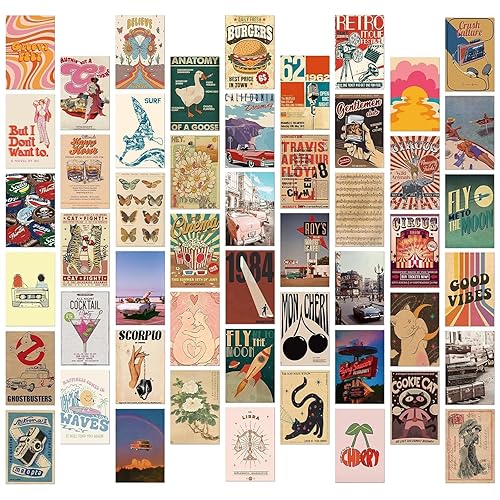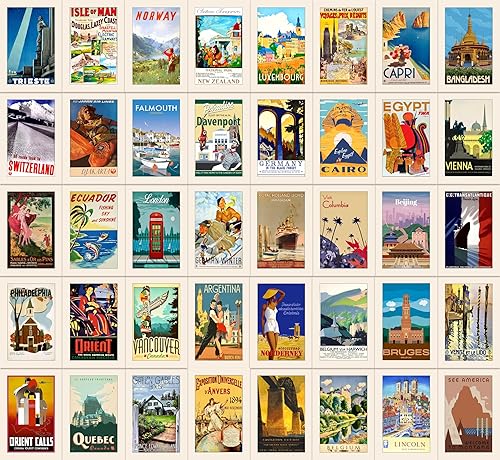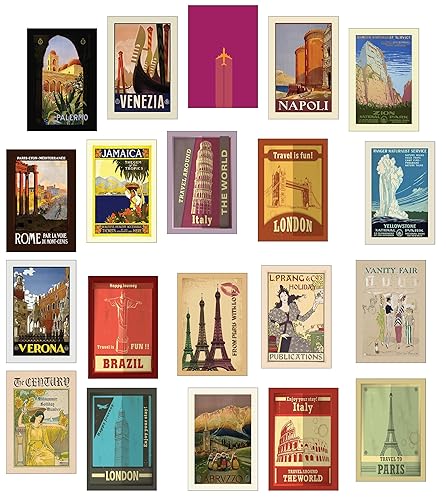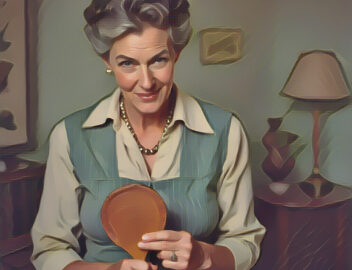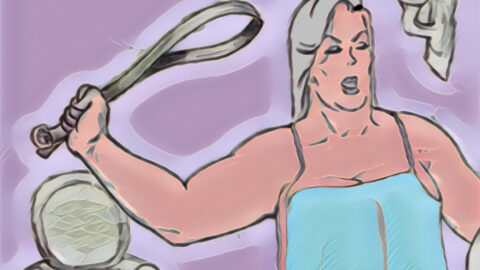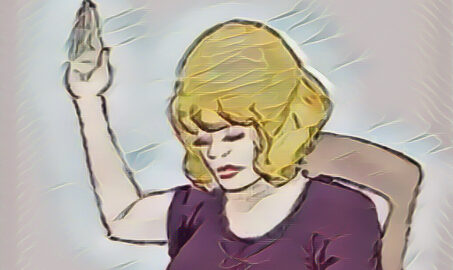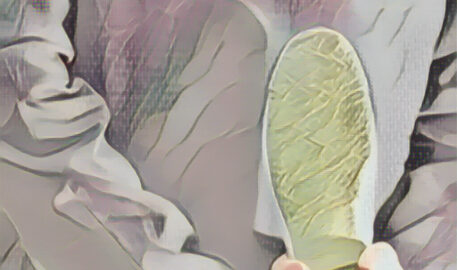My childhood unfolded beneath the vast, endless skies of tropical Queensland, Australia—a world so far removed from the trappings of ‘civilisation’ that it sometimes felt like we lived on the edge of the map. The air was thick with the scent of eucalyptus and sun-baked earth, and the horizon shimmered with heat. Our home was an outback cattle station, wild and sprawling, where the five of us children ran barefoot and free, our laughter echoing across the paddocks. Education was a patchwork affair: a blend of lessons from the local aborigines, who taught us to read the land and the sky, and my mother, who did her best with the help of ‘School of the Air’ crackling through the radio, her voice steady even as the signal wavered.
(short pause) My mother was a force of nature—tireless, resourceful, and loving, though her patience was often stretched thin by the demands of the property and the needs of the local aboriginal families she helped. She had little time for the latest child-rearing theories. Instead, she believed in the old ways: hard work, unconditional love, and, when necessary, a few sharp licks with the strap to keep us on the straight and narrow. Her hands were always busy—mending, cooking, tending to animals, or comforting a crying child. Yet, when discipline was needed, she never hesitated. I can still hear the sound of the strap as it was lifted from its hook, a sound that sent a shiver down my spine and made my heart race.
Dad was a distant figure, always out on the property, his silhouette framed by the setting sun as he rode across the fields. Sometimes we’d tag along, the dust swirling around our ankles, but discipline was firmly Mother’s domain. Our aboriginal playmates, unaccustomed to town life, roamed the bush with us, their laughter mingling with ours. In the sweltering heat, none of us wore much—our skin tanned to a deep brown, indistinguishable from one another. We were wild things, unselfconscious, our bodies marked only by the occasional scrape or, more often, the red imprint of a well-deserved smack.
(pause) I rarely noticed what anyone looked like, except in those moments after a slap or a strapping, when we’d examine the fresh handprints with a kind of scientific curiosity. The sting would fade, but the marks lingered—a badge of mischief, a reminder of boundaries tested and lessons learned. Every day, someone would be smacked for some small act of naughtiness. It was never cruel, just a part of life, as ordinary as the rising sun or the call of the kookaburra at dawn.
Mother’s strap—a thin, whippy thing—hung in the kitchen, always visible, a silent warning. When her patience snapped, the discipline was swift and immediate: a few sharp whacks, a yelp, and then it was over. But there was one day, one exception, that stands out in my memory with a clarity that still makes my skin prickle. I was thirteen, as was my twin brother Andrew, and we were about to learn a lesson we’d never forget.
(pause) It began with a pot of honey—golden, sticky, the product of a year’s worth of beekeeping. Our eldest sister carried it into the kitchen, her arms straining under its weight. I was chasing Andrew, our feet pounding on the wooden floor, when he collided with the pot. It exploded, honey splattering everywhere, turning the floor into a treacherous, glistening mess. We slipped and slid, our bodies slick and shining, giggling even as we realised the disaster we’d caused. The smell of honey filled the air, sweet and overwhelming, mingling with the sharp tang of fear as Mother’s footsteps approached.
I had never seen her so furious. Her face was flushed, her eyes blazing. She ordered us out to the back verandah shower, her voice trembling with anger. “Get back in here when you’re clean,” she snapped, and we obeyed, our hearts thudding in our chests. The cold water stung our skin, washing away the honey but not the dread. When we returned, dripping and naked, we felt exposed in a way we never had before. The other three children were scrubbing the kitchen floor, their eyes darting between us and Mother, curiosity and sympathy mingling on their faces.
She told us to sit on the rumpus-room table, our wet skin sticking to the wood. Andrew, ever the joker, let out a nervous laugh at the sight of our siblings struggling with the mess. It was the wrong moment. Mother’s hand flashed out, smacking the front of his thigh with a sound that echoed through the house. The shock silenced us. “Hands on your head,” she commanded, and we obeyed, our arms trembling. She slapped Andrew again and again, each blow leaving a vivid red mark on his brown legs. He yelped and squirmed, but there was no escape.
Then it was my turn. I’d been slapped before, but never like this. Her hand, still damp from the honey, landed on my wet flesh with a crack that made everyone flinch. The pain was sharp, electric, radiating up my legs. I reached down to rub the sting, but that only earned me another barrage of slaps. The fronts of our thighs were a patchwork of red, the heat pulsing beneath the skin. But it wasn’t over yet.
“Stand up and face the wall, hands still on your head!” Mother’s voice was steely, unyielding. She started on Andrew again, smacking the backs of his legs, then his buttocks. I dared not look, but I could tell by the sound—the sharp crack of a leg-smack, the deeper thud of a smack on the bum. My own thighs burned, but I knew better than to touch them. I shifted from foot to foot, trying to ease the sting, and heard a few giggles from the kitchen. Even in pain, there was a strange sense of camaraderie, of being part of a story we’d tell for years.
“Now for you, young lady!” Her hand found the back of my left leg, then the right, each slap precise and deliberate. I could feel the shape of her palm, the curve of her fingers wrapping around my thigh. She moved up to my bottom, cupping my cheeks in her hands, her voice low and almost gentle as she whispered, “You’ll remember to be careful in future, won’t you?” The intimacy of the moment—the closeness, the heat, the sting—was overwhelming. I nodded, tears prickling at my eyes, my pride stinging as much as my skin.
Then came the spanking, alternating from side to side, each slap a new shock. Mother had a knack for never landing two blows in the same place. I gasped and yelped, hopping from foot to foot, my embarrassment mingling with the pain. The others watched, wide-eyed, the kitchen suddenly silent except for the sound of flesh meeting flesh. And then, the sound we all dreaded—the strap coming off its hook, the leather whispering through the air.
The whipping was slow, almost ritualistic. Mother spoke first, her words heavy with disappointment. Then the strap landed, a searing line of pain across my bottom, then Andrew’s, then around our legs. The sting was fierce, but never cruel. She had a strange skill, delivering just enough to teach, never enough to harm. The stripes she left faded by morning, but the lesson lingered. After each round, she paused for another little lecture, her voice softer now, reminding us of the consequences of carelessness. Again and again, the strap sang its song, and we listened, chastened and humbled.
Our brothers and sister watched from behind, their faces a mix of awe and relief that it wasn’t their turn. I was past caring, lost in the haze of pain and shame and, oddly, a sense of belonging. We were all in this together, bound by the rules of our wild, loving family.
“Stay there,” Mother said, her voice gentler now, “while we finish in the kitchen.” As she turned away, I couldn’t help myself—I reached back to rub my sore bottom. She saw, and without a word, turned and delivered another sharp slap to the back of my legs. I squealed and squirmed, but kept my hands on my head, the lesson sinking in deeper with every sting.
That day was never quite repeated, but it cast a long shadow over the years that followed. The strap became a symbol—not just of discipline, but of love, of boundaries, of the wild, messy, beautiful chaos of our childhood. There was always a sense of anticipation, a flutter of dread, whenever the strap was mentioned, especially in front of friends. The sound of it, the sting, the stripes it left—they were all part of the tapestry of our lives, woven through with laughter and tears, a testament to the lessons learned and the bonds that held us together.
